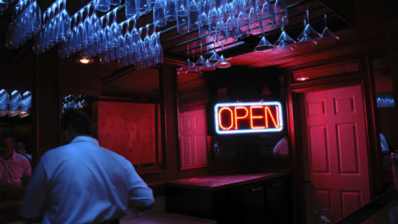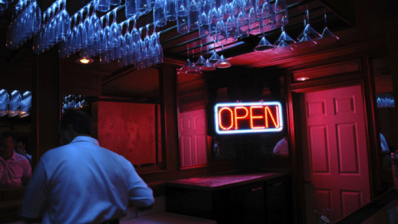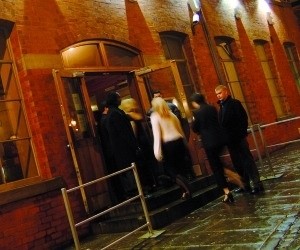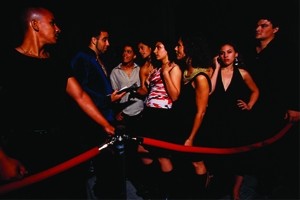News focus
Full analysis of the Cheltenham late-night levy revelations
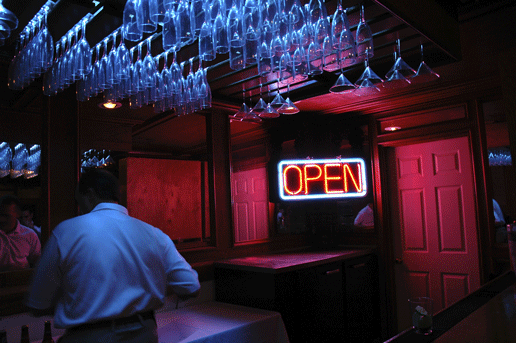
Cheltenham council originally estimated that 218 licensed premises would be affected by its LNL, which takes effect between midnight and 6am, with costs ranging from £299 to £4,400 depending on the rateable value of the premises.
The number of premises that contribute to the levy is only 123 — much lower than the original prediction. The council also confirmed that 47 premises (22% of those affected) reduced their hours by way of a minor licence variation to avoid paying the levy. There were also 11 licence surrenders, made for various reasons.
Members of best practice schemes such as Best Bar None and Night Safe were permitted a 30% fee reduction; 49 of the 123 premises were eligible for the discount.
Levy income
The council had previously estimated that the revenue raised from the levy would be approximately £199,000, although this did not take into account reductions and licence variations.
However, with the falling number of premises coming under the LNL and a large proportion of those receiving a discount, it is not surprising to find that the income was much lower than expected. The council confirmed that the revenue raised was less than half (39%) of that predicted at £76,889.
The council had also estimated that the cost to administer the LNL (‘expenses’) would be £6,268.51, including postage, notice letters and the cost of processing applications. But the actual costs deducted from revenue for the first year are only £1,017.51 and confirmed it had decided not to recover the costs of the licence variations.
Council response:
The PMA asked for further details on The Hub Bistro and the Community Van. A council spokesman said: “At this stage the funding is to undertake a feasibility study. The particulars of what the venue will look like will come out of the feasibility study.
“In terms of benefit, the LNL funding seeks to promote greater diversity in the night-time economy (NTE) that is less focused on alcohol. This project will promote this outcome by offering another option in the NTE, for example, for those who want to come out but don’t or can’t drink.”
On the van, the spokesman said: “It’s a multi-use, flexible community van for use by a variety of partners. Part of its use will be to help manage the NTE in various ways as need dictates, for example, acting as a hub for those working to make the NTE safer and/or as a safe haven for vulnerable people. The funding awarded accounted for one third of the van’s overall cost, which takes into account the fact that the van will not exclusively be used in the NTE.”
Who decides how to spend the money?
An advisory group that includes representatives from the office of the Police & Crime Commissioner (PCC), local police, council, and members of the licensed trade makes decisions on how the money will be spent.
A little more than £67,000 of the proceeds have been approved for spending which equates to 88% of the total amount.
This leaves almost £9,000 unspent or unallocated.
In making recommendations to the PCC and councillors on the spending of the money, the advisory group weighs up those recommendations and make final decisions on whether to approve funding or not.
The council says that “the LNL will support projects that meet the following outcomes”:
A) Promoting a greater diversity in the night-time economy that is not solely focused on alcohol
B) Supporting management of licensed premises and public spaces
C) Working together to support safe movement through the night-time economy
D) Working together to reduce alcohol-related health harms by preventing vulnerability, promoting safe drinking limits and reducing pre-loading
E) Working together to promote a clean environment
Community groups, organisations and businesses can make applications for funding projects that can meet the above outcomes.
The council said it would measure the success of the levy by measuring crime, antisocial behaviour and confidence statistics.
Poppleston Allen has requested a copy of the information and is awaiting a response.
Where the money has been spent:
- St Paul’s Streetwatch: Total = £885.90, including lollypops = £218.70, radios = £667.20
- Purple flag co-ordinator: Total = £30,974
- The Hub Bistro — an alcohol-free venue in Cheltenham: Total = £6,388
- Community Van – “a multi-use, flexible community van for use by a variety of partners”: Total = £16,000
- University community street patrol — voluntary scheme providing support to “patrons of the night-time economy” one day a week: Total = £12,778
